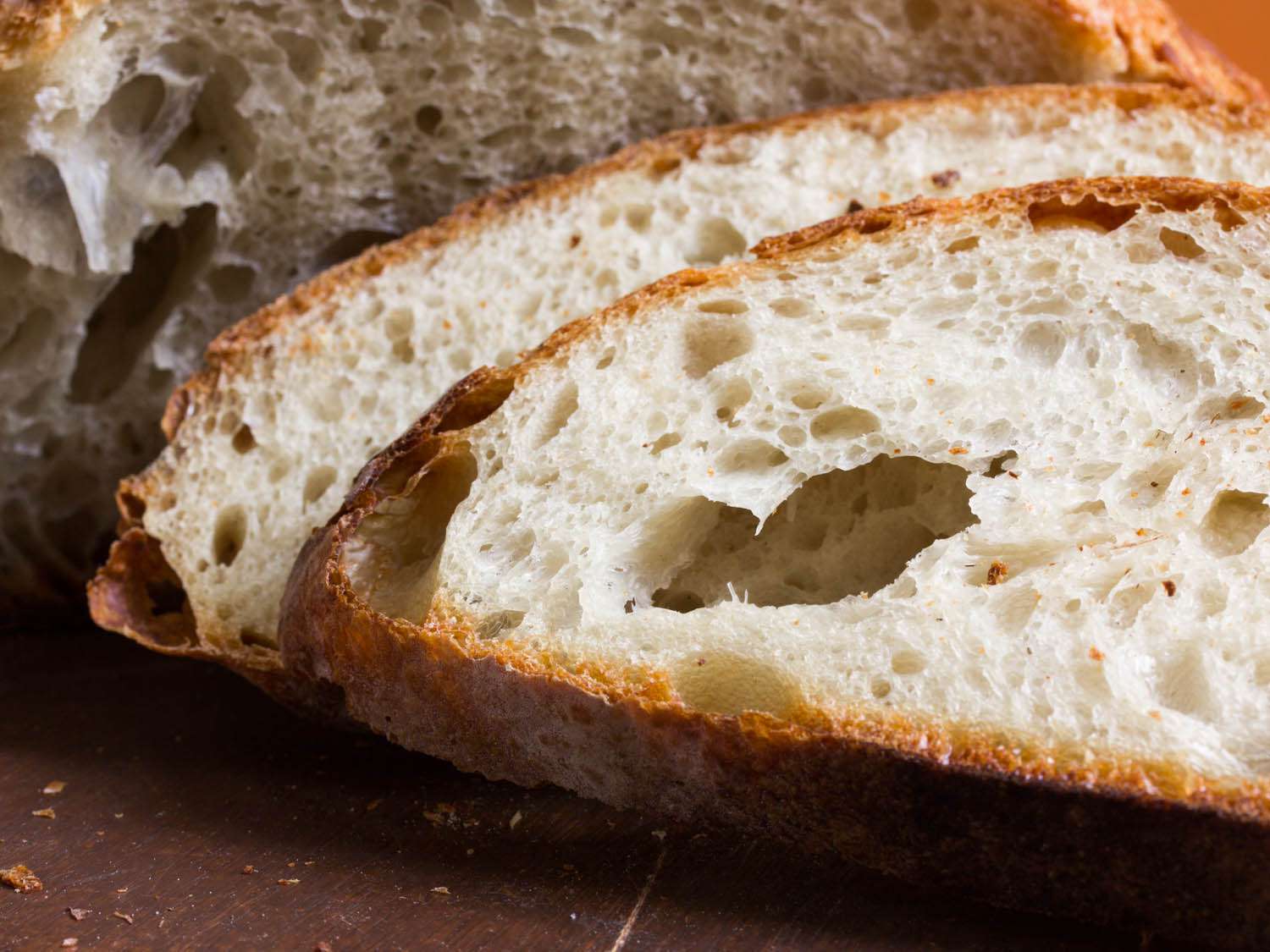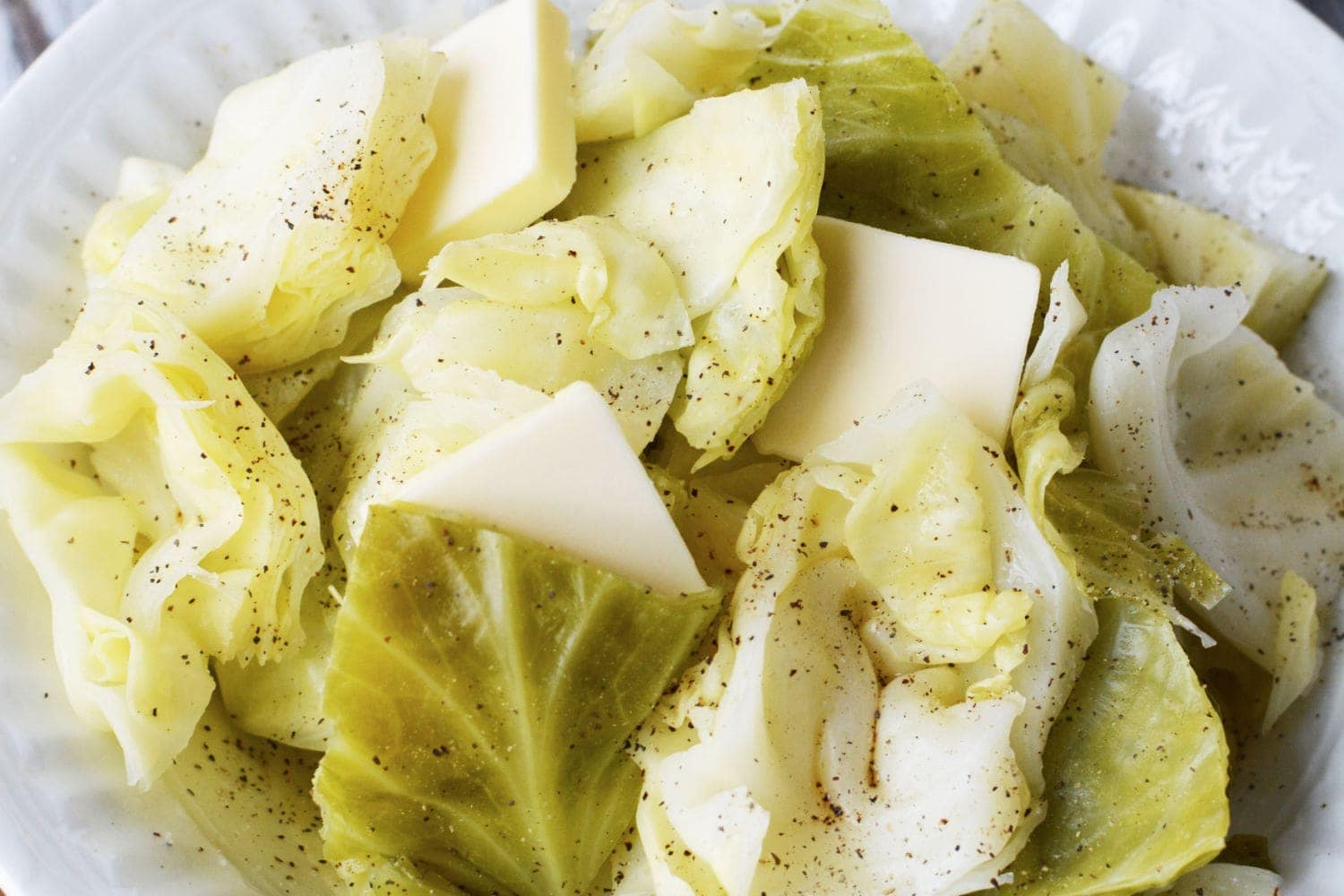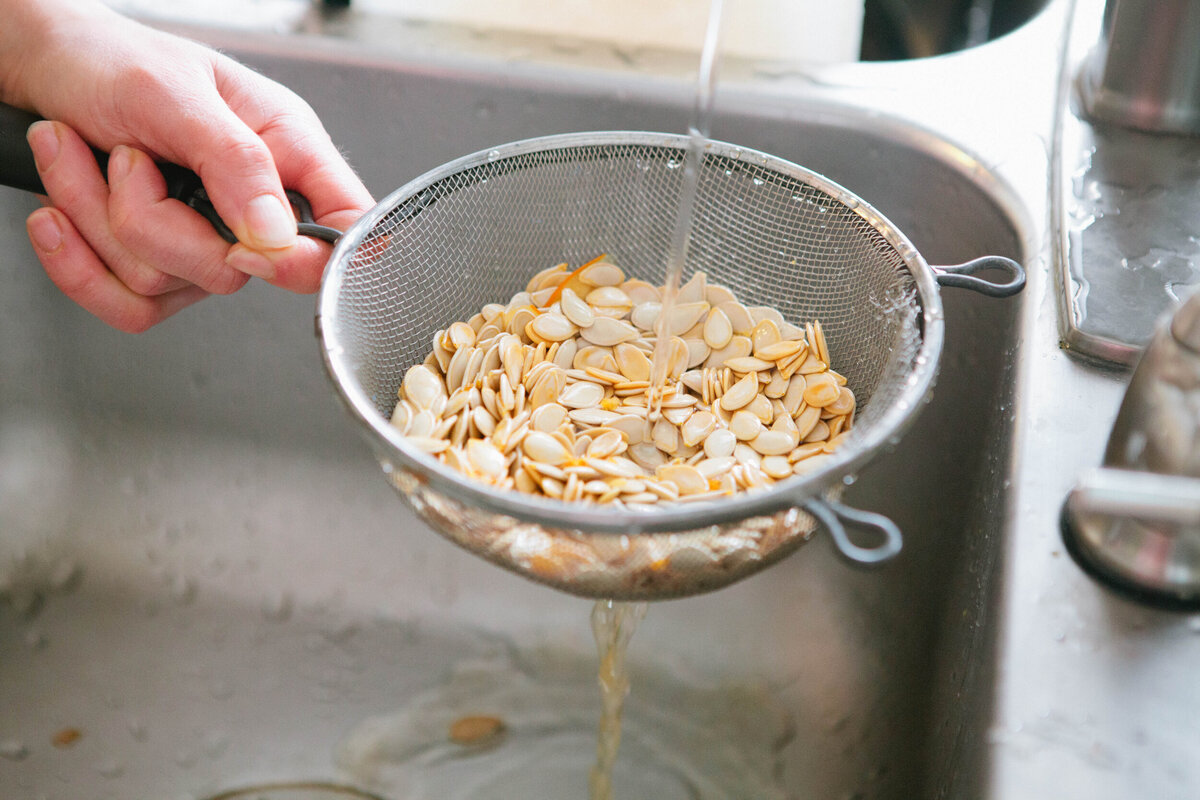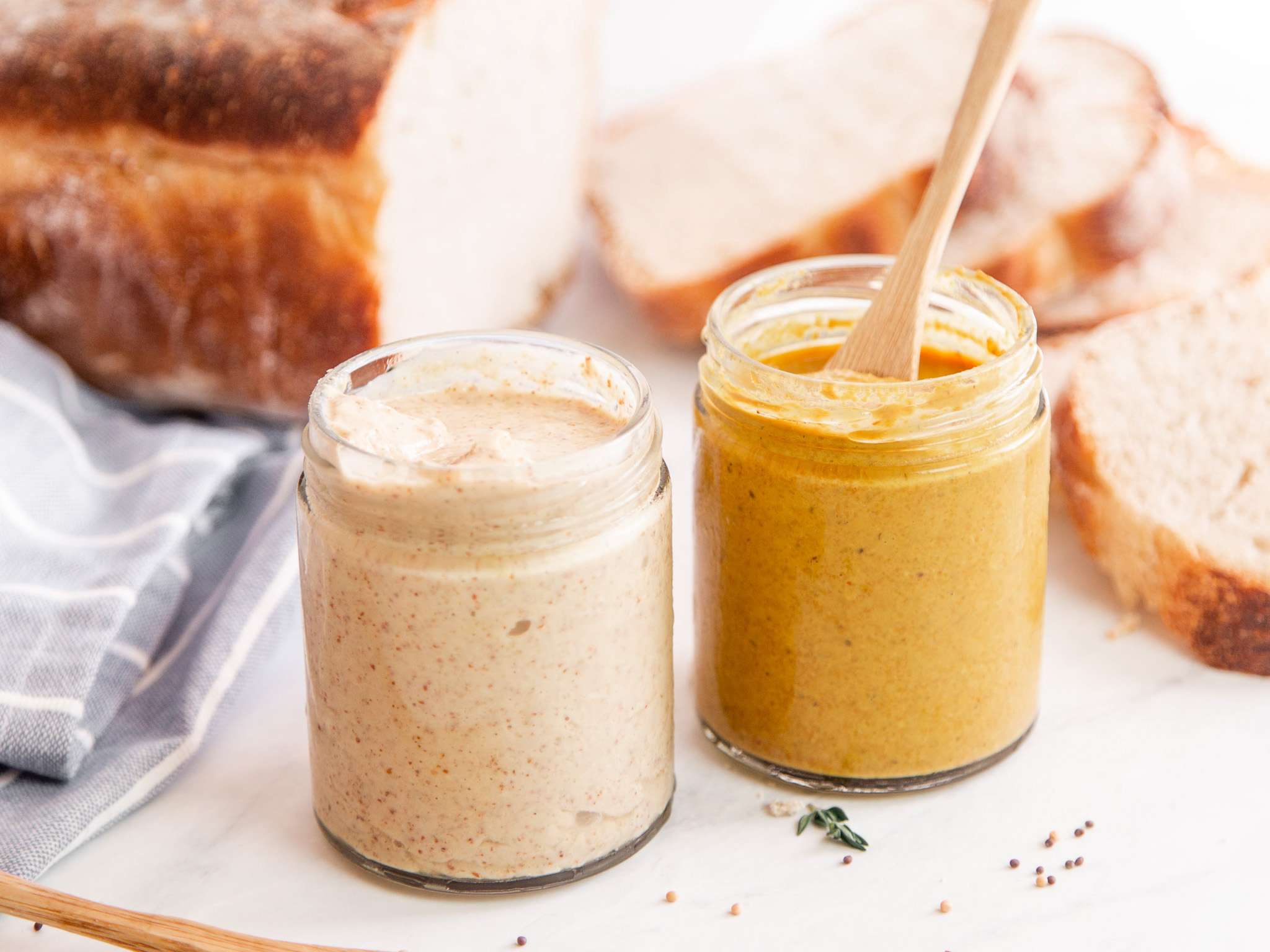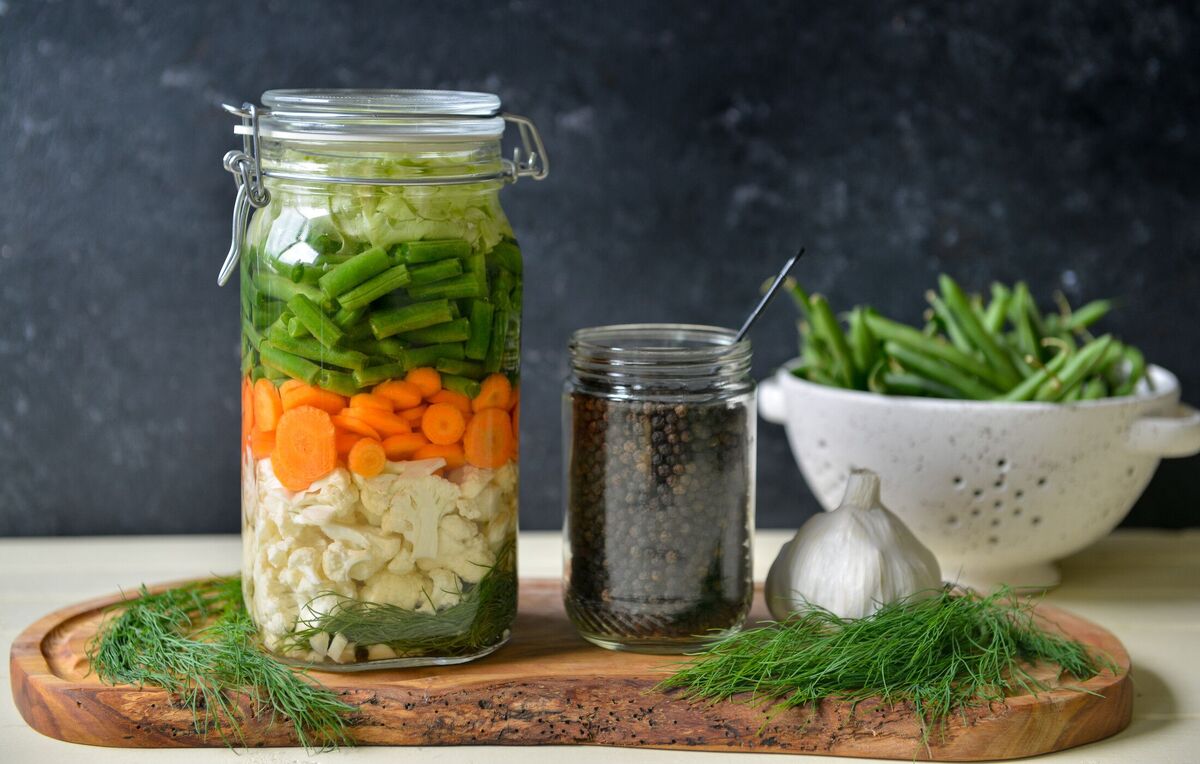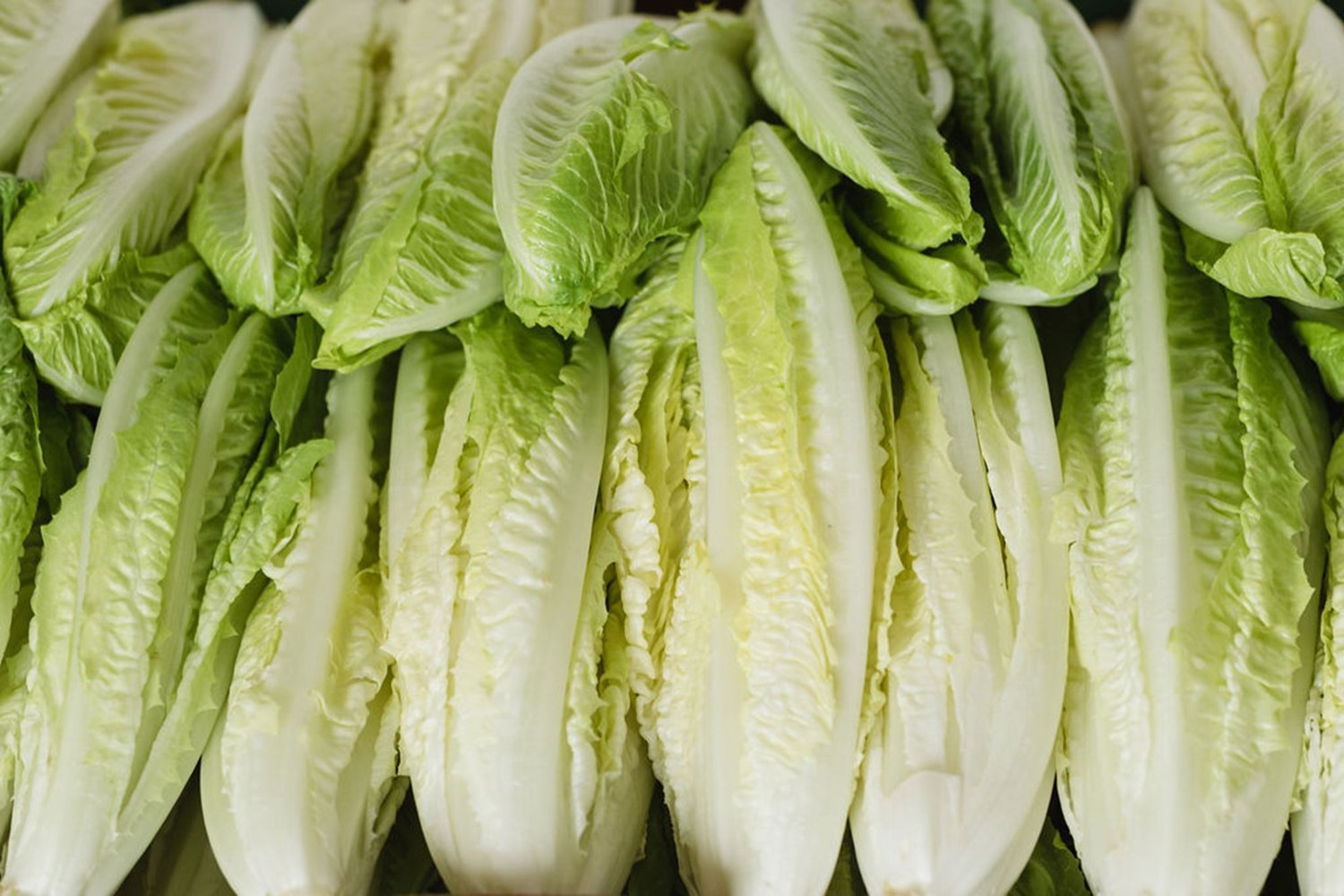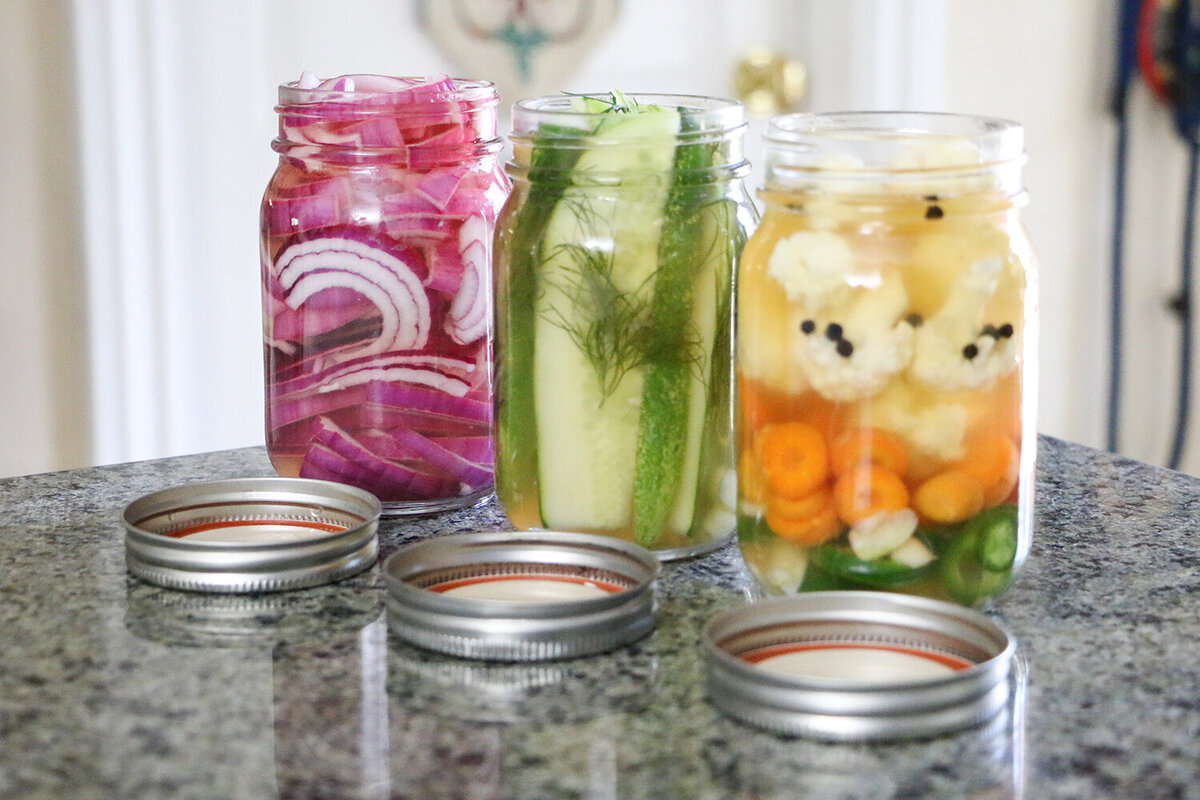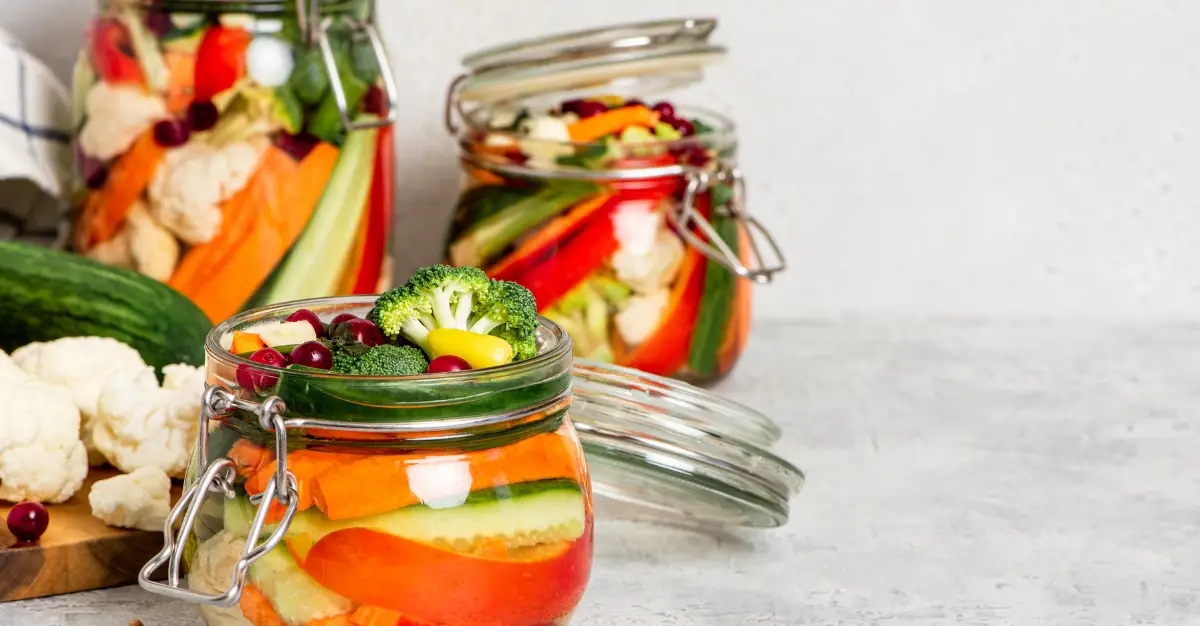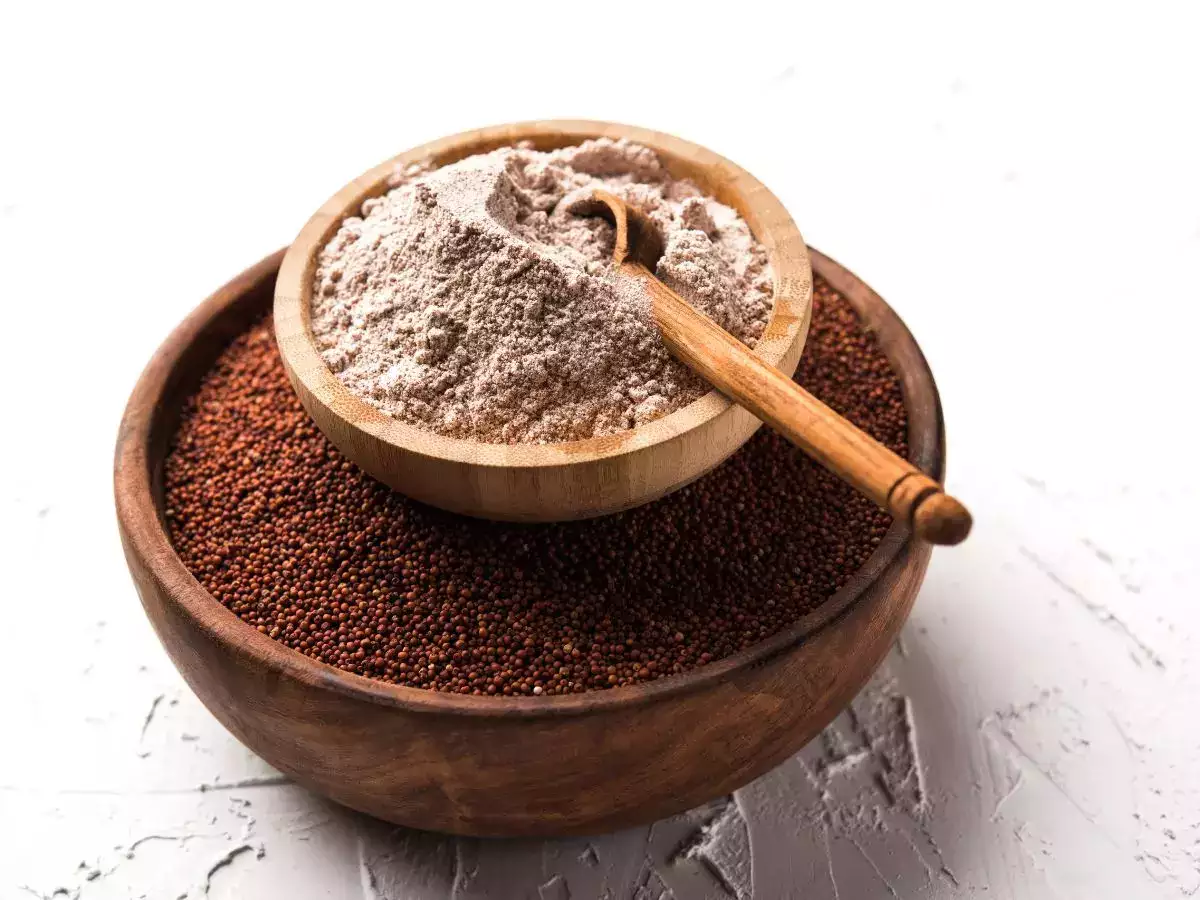Unlocking the Power of Fermented Vegetables with Kombucha
Welcome to the wonderful world of fermentation! If you’re looking for a delicious and nutritious way to preserve your vegetables, look no further than kombucha. This ancient method of food preservation not only extends the shelf life of your favorite veggies but also introduces a host of health benefits. In this guide, we’ll walk you through the simple steps of fermenting vegetables with kombucha, so you can enjoy the tangy, probiotic-rich goodness right in your own kitchen.
What You’ll Need
Before you get started, gather the following supplies:
- Assorted vegetables (carrots, cabbage, cucumbers, etc.)
- Kombucha starter liquid
- Filtered water
- Sea salt
- Airtight glass jars
- Clean cloths or coffee filters
The Fermentation Process
Now that you have your supplies ready, it’s time to start fermenting your veggies with kombucha. Follow these simple steps:
- Prepare the vegetables by washing them thoroughly and cutting them into your desired shape and size.
- Place the vegetables in the glass jars, leaving some space at the top.
- Mix the kombucha starter liquid with an equal amount of filtered water. Pour this mixture over the vegetables until they are completely submerged.
- Add a pinch of sea salt to the jars. The salt helps to inhibit the growth of harmful bacteria while allowing the beneficial bacteria to thrive.
- Cover the jars with clean cloths or coffee filters and secure them with rubber bands. This will allow air to flow while keeping out any contaminants.
- Place the jars in a dark, room-temperature area to ferment. Check on them periodically to ensure that the vegetables remain submerged.
- After a few days, start tasting the vegetables. Once they reach your desired level of tanginess, transfer the jars to the refrigerator to slow down the fermentation process.
The Benefits of Fermented Vegetables with Kombucha
Now that your fermented vegetables are ready, it’s time to reap the rewards of your efforts. Here are some of the benefits of incorporating fermented vegetables into your diet:
- Probiotics: Fermented vegetables are rich in beneficial bacteria that support a healthy gut microbiome.
- Improved digestion: The probiotics in fermented vegetables can aid in digestion and nutrient absorption.
- Enhanced flavor: Fermentation enhances the natural flavors of vegetables, giving them a tangy and complex taste.
- Extended shelf life: Fermented vegetables can last for several weeks in the refrigerator, allowing you to enjoy your harvest for an extended period.
Get Creative with Flavor Combinations
One of the best things about fermenting vegetables with kombucha is the endless opportunities for flavor experimentation. Try combining different vegetables, herbs, and spices to create unique and delicious ferments. Whether you prefer a classic sauerkraut or a spicy kimchi, the possibilities are endless!
So, what are you waiting for? Gather your vegetables, kombucha, and a sense of adventure, and start fermenting your way to flavorful, probiotic-rich goodness!
Remember, the key to successful fermentation is patience and experimentation. Don’t be afraid to try new combinations and techniques to find the perfect ferment for your palate. Happy fermenting!
Was this page helpful?
Read Next: How To Ferment Veggies Using Kefir Water
